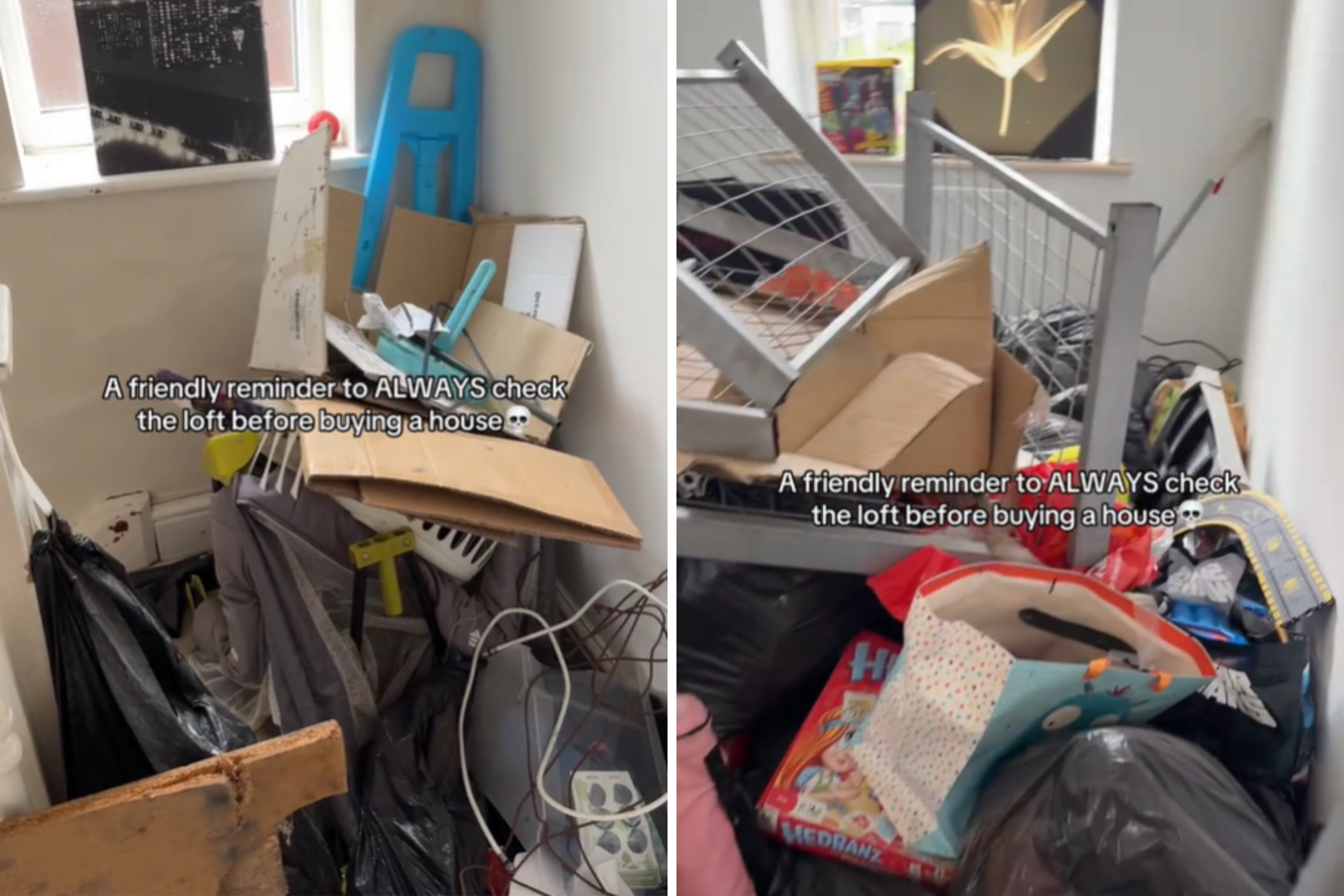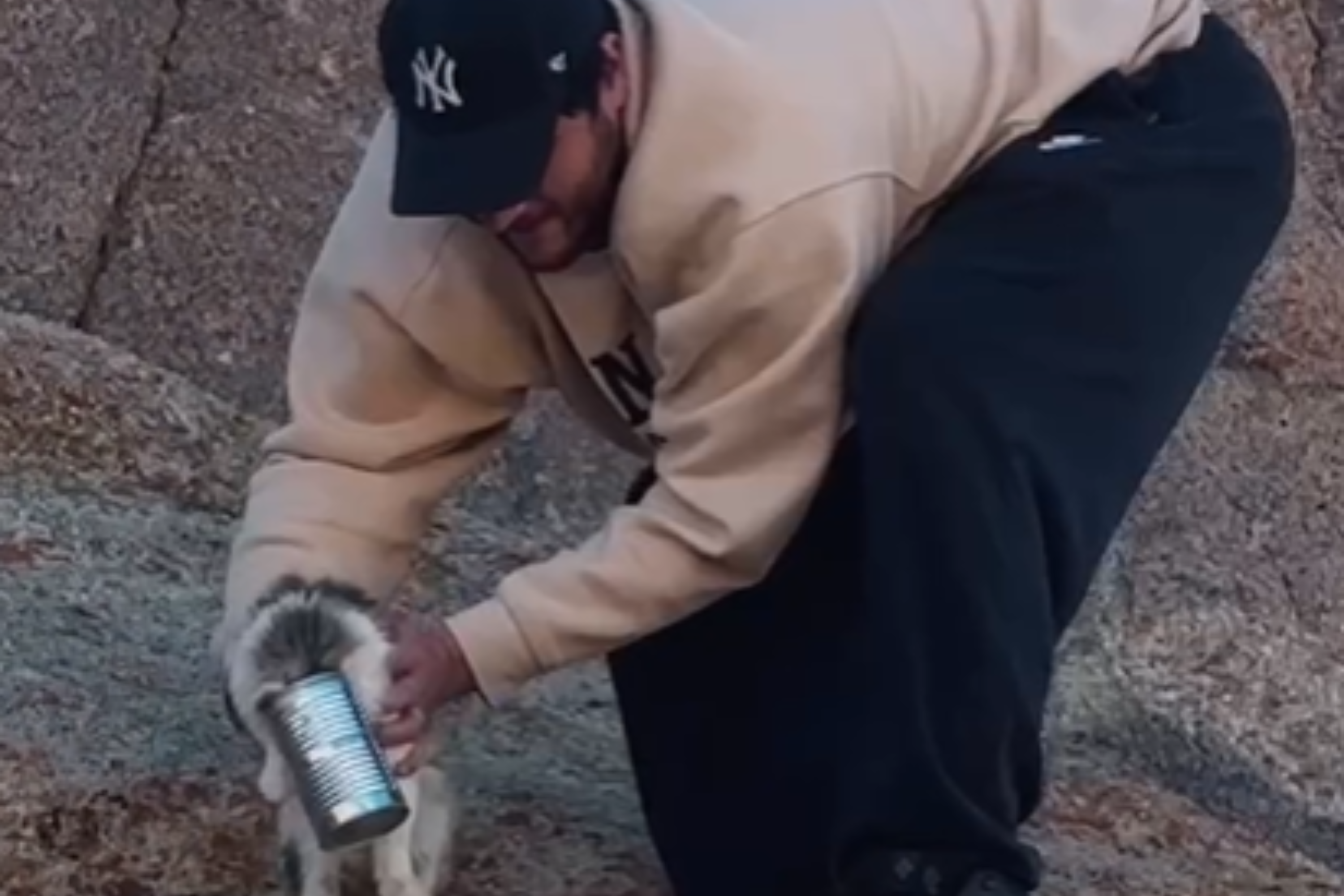California put a raft of propositions before voters this year in what could be seen as a referendum on Governor Gavin Newsom's leadership in the state.
Voters already passed Newsom's mental health measure, Proposition 1, in the March primary, leaving 10 other propositions for voters to decide on when they cast their ballots.
Among the remaining propositions were measures on same-sex marriage, bonds for school and climate initiatives, a minimum wage increase and rent control, according to nonprofit CalMatters, which tracks state policies.
Most measures passed, reflecting strong support for Newsom's policies among voters, despite polls earlier this year showing his approval rating at around 44 percent.
A June poll released by the Public Policy Institute of California found that six in 10 voters felt the state was heading in the wrong direction.

How Did California Vote on Its Propositions?
Proposition 2 looked to borrow $10 billion to build additional construction and modernization among grade schools and community colleges. It passed with 56.9 percent of support.
Proposition 3 looked to "reaffirm the right of same-sex couples to marry," removing language in a previous proposition from 2008 that characterized marriage as between a man and a woman. It was approved with 61 percent support.
Proposition 4 looked to borrow $10 billion to fund climate change initiatives, with $3.8 billion set aside for water purification and infrastructure programs and $1.5 billion for wildfire and forest programs. Voters backed the proposal, with 57.9 percent in favor.
Proposition 5 looked to lower the requirements for local housing and infrastructure, making a constitutional change that would ease local government access to money loans by lowering the voter threshold to approve those loans. However, 56.3 percent of voters opposed it, resulting in its failure.
Proposition 6 looked to alter the nature of state prison labor, specifically looking to eliminate "indentured servitude for incarcerated persons." This would impact pricing on state and local services and goods depending on how much it relied on prison labor, according to the California Secretary of State's website. It didn't gain enough support, with 54.9 percent voting against it.
Proposition 32 looked to raise the state's minimum wage from $16 an hour to $18 an hour following increases for fast food workers and healthcare workers. The measure did not pass, with 52 of the voters denying it.
Proposition 33 looked to empower local governments to limit rent in properties first occupied after February 1, 1995, rolling back state laws that had prevented those powers. It was widely opposed, with 61.6 percent of Californians voting against it.
Proposition 34 looked to require healthcare providers to spend almost all of their revenue from drug sales on "direct patient care," hitting only providers who spend at least $100 million on expenses other than direct care. This would only apply to the AIDS Healthcare Foundation, limiting the group's ability to fund ballot initiatives in future elections. The proposition would also put into law a Newsom policy requiring all state agencies to negotiate for lower drug prices as a single entity. It narrowly won approval, passing with 51.5 percent in favor.
Proposition 35 looked to change a tax on managed healthcare plans that is set to expire in 2026 and instead make the tax permanent while ensuring that lawmakers can't use the money to avoid cuts to other programs. It achieved strong support, with 65 percent voting "yes."
Proposition 36 aimed to increase penalties for theft, including making shoplifting a felony for repeat offenders, and for drug trafficking offenses. Unlike other recent initiatives, this measure did not have support from Newsom but was backed by Republican lawmakers in the state. It seeks to roll back Proposition 47, passed in 2014, which reclassified certain felonies as misdemeanors. It successfully passed.




















 English (US) ·
English (US) ·